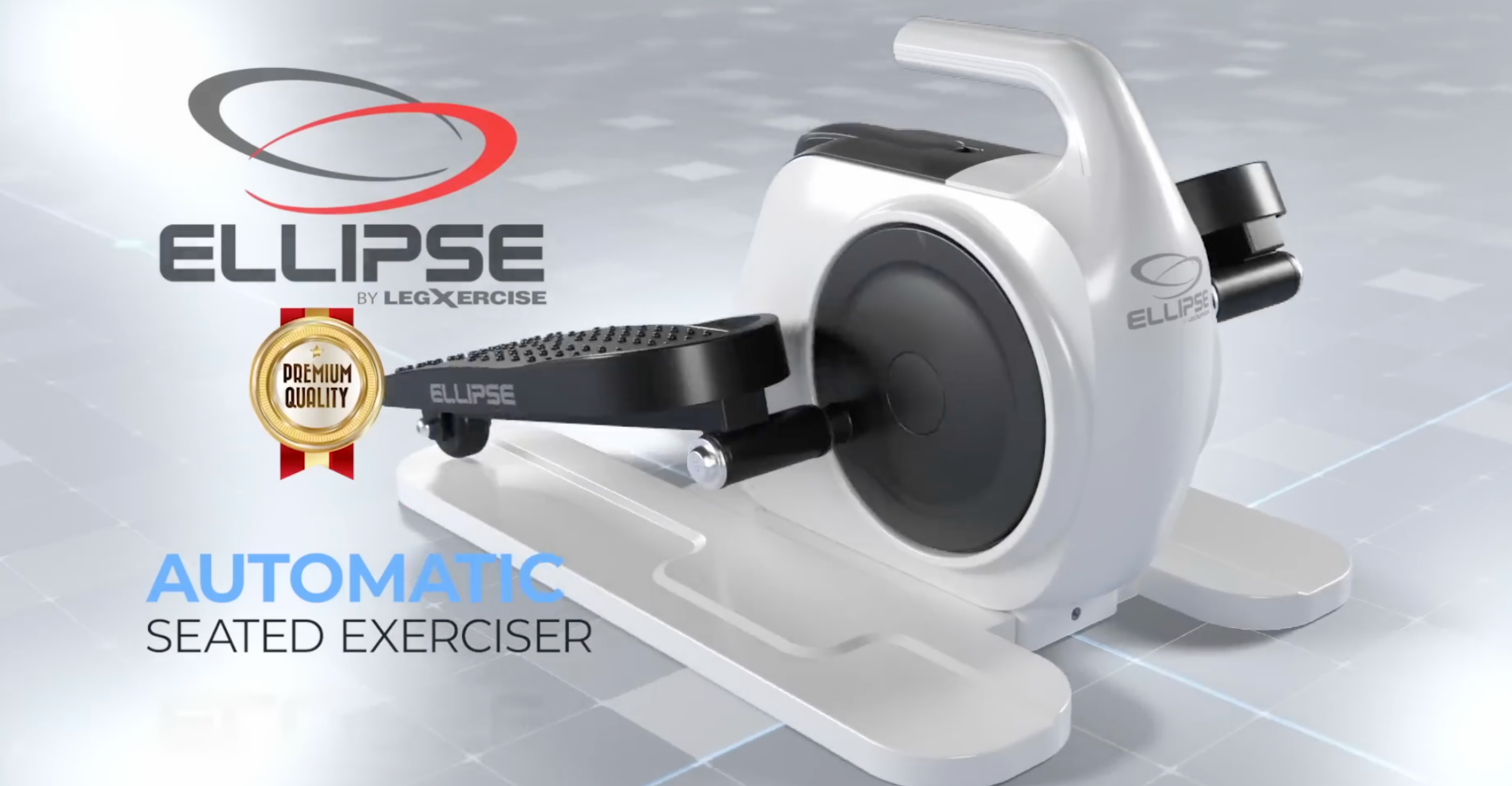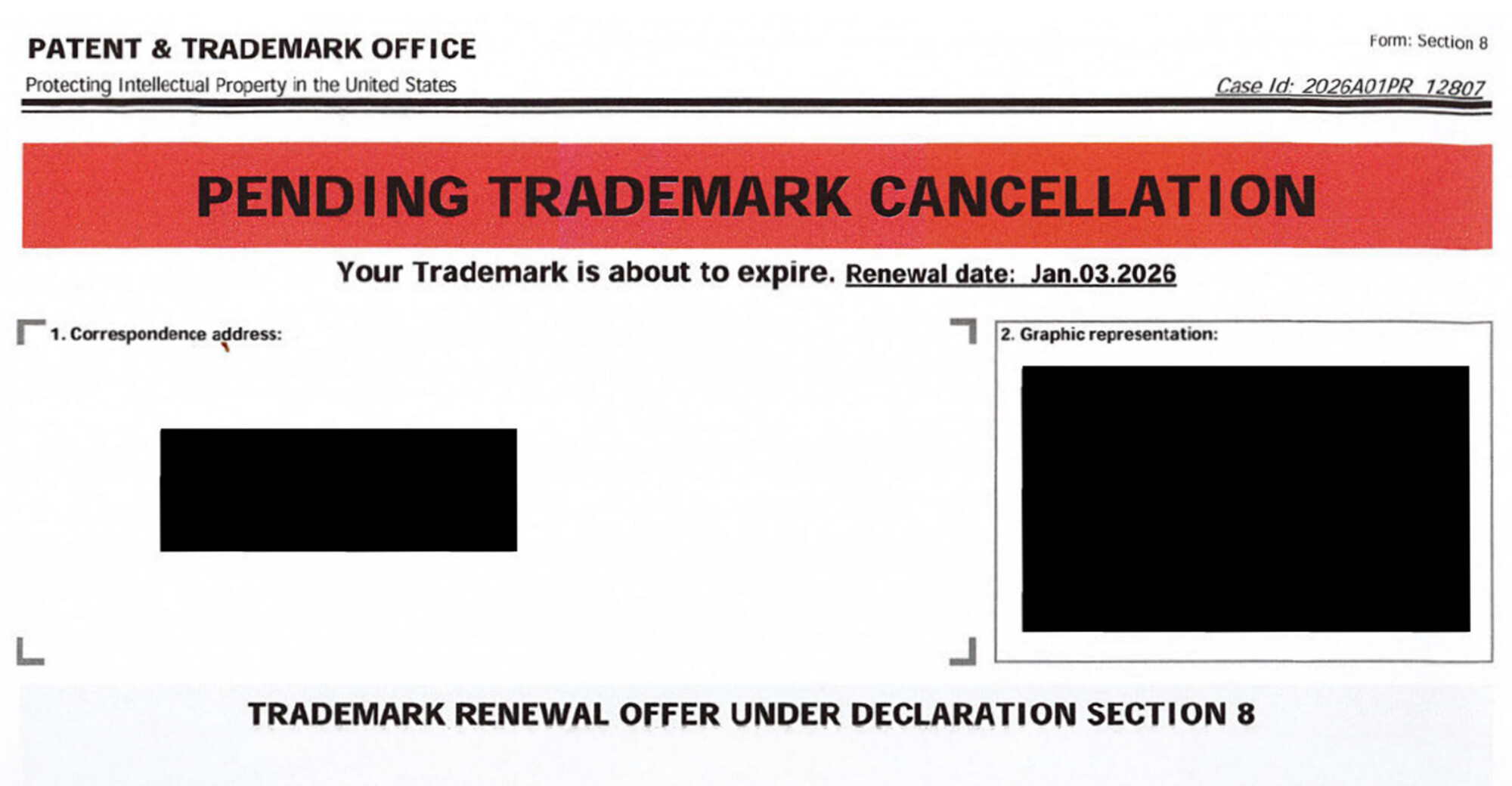
Wuffy and Other ‘AI’ Dogs
Can these “robot” puppies replace man’s best friend?
August 2017: Plaintiffs filed a Notice of Appeal regarding the July 2017 order dismissing their case.
July 2017: A federal judge dismissed this case When a complaint is dismissed with prejudice, it cannot be refiled. concluding, among other things, that plaintiffs failed to plausibly plead reliance and did not allege that their reliance was reasonable.
May 2017: Plaintiffs filed an amended complaint bringing similar allegations.
April 2017: A federal judge granted the company’s motion to dismiss the complaint concluding, among other things, that plaintiffs did not adequately allege that they were harmed by relying on the advertising claims. The judge granted the plaintiffs leave to amend the complaint.
October 2016: Plaintiffs filed an amended complaint alleging that the company released the Grand Theft Auto V videogame in September 2013 before its advertised online game play capabilities were available.
February 2016: An appellate judge reversed the district court’s decision finding that the district court did not construe the allegations in the “light most favorable to plaintiffs,” as required by law. In addition, the judge concluded that the district court erred when it found that the statements and disclosures on the game’s packaging were not misleading. The judge remanded the lawsuit to the district court with instructions to allow plaintiffs to file an amended complaint. (McMahon et al v. Take-Two Interactive Software, Inc., Take-Two Interactive Software, Inc. DBA Rockstar, Case No. 14-55296, 9th Cir.)
January 2014: A federal judge dismissed the class-action lawsuit against Take-Two Interactive Software finding that the complaint did not identify a false statement on the game’s packaging. The judge found amendment would be futile and dismissed the complaint without leave to amend.
November 2013: The class-action lawsuit against Take-Two Interactive Software Inc. was removed to federal court. (McMahon et al v. Take-Two Interactive Software, Inc. and Take-Two Interactive Software Inc., DBA “Rockstar,” and Does 1-100, Case No. 13-cv-2032, C. D. CA.)
October 2013: A class-action lawsuit was filed against Take-Two Interactive Software Inc. claiming that the company falsely advertised the features of the “Grand Theft Auto V” video game. Specifically, the plaintiffs claim that the company misleadingly marketed the game as having an online multiplayer feature when, in reality, the online feature was not available on the version of the game that was released on September 17, 2013. That version only functions in single-player mode. (McMahon et al. v. Take-Two Interactive Software Inc. et al., Case No. 1311350, Superior Court of California, County of Riverside).
Can these “robot” puppies replace man’s best friend?
Can you actually work out without the work?
MADISON, CONN. Feb. 11, 2026 – A company calling itself “Patent & Trademark Office” is violating the FTC’s Impersonation Rule as well as the FTC Act by falsely posing as…
Complaint to FTC cites violations of agency’s Impersonation Rule.
TINA.org digs into shop’s purported Newport roots, and more.


